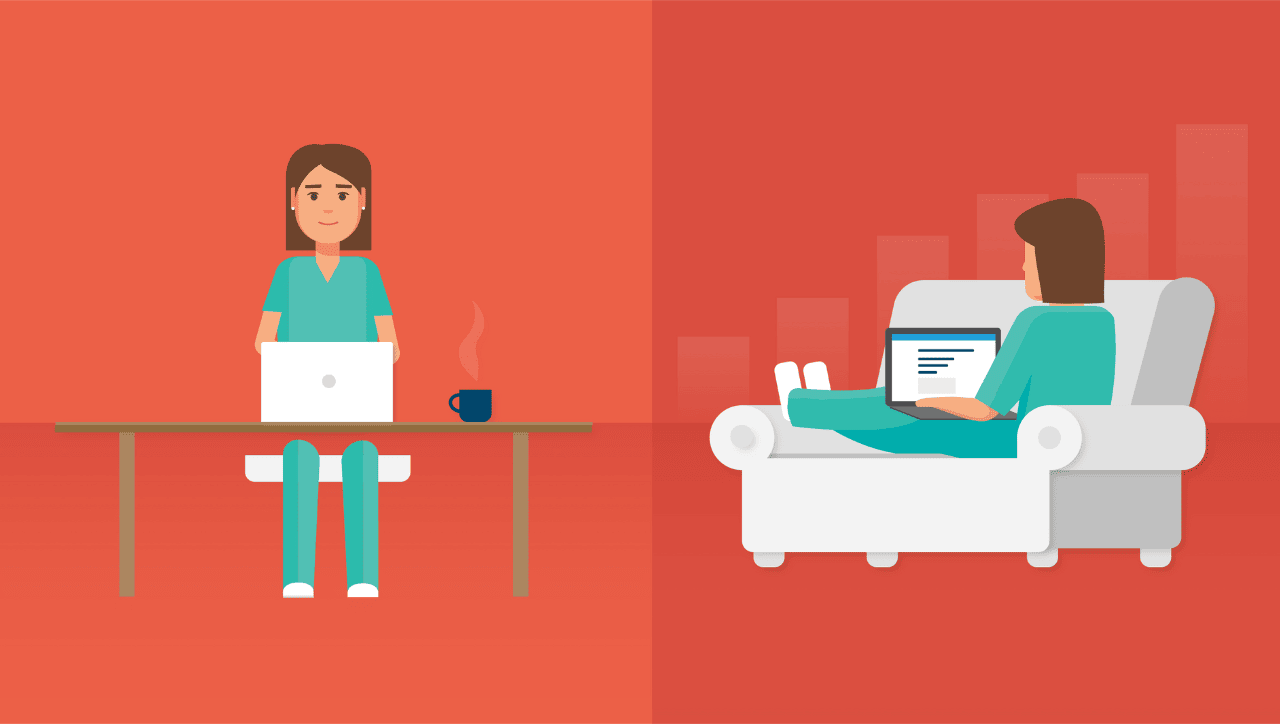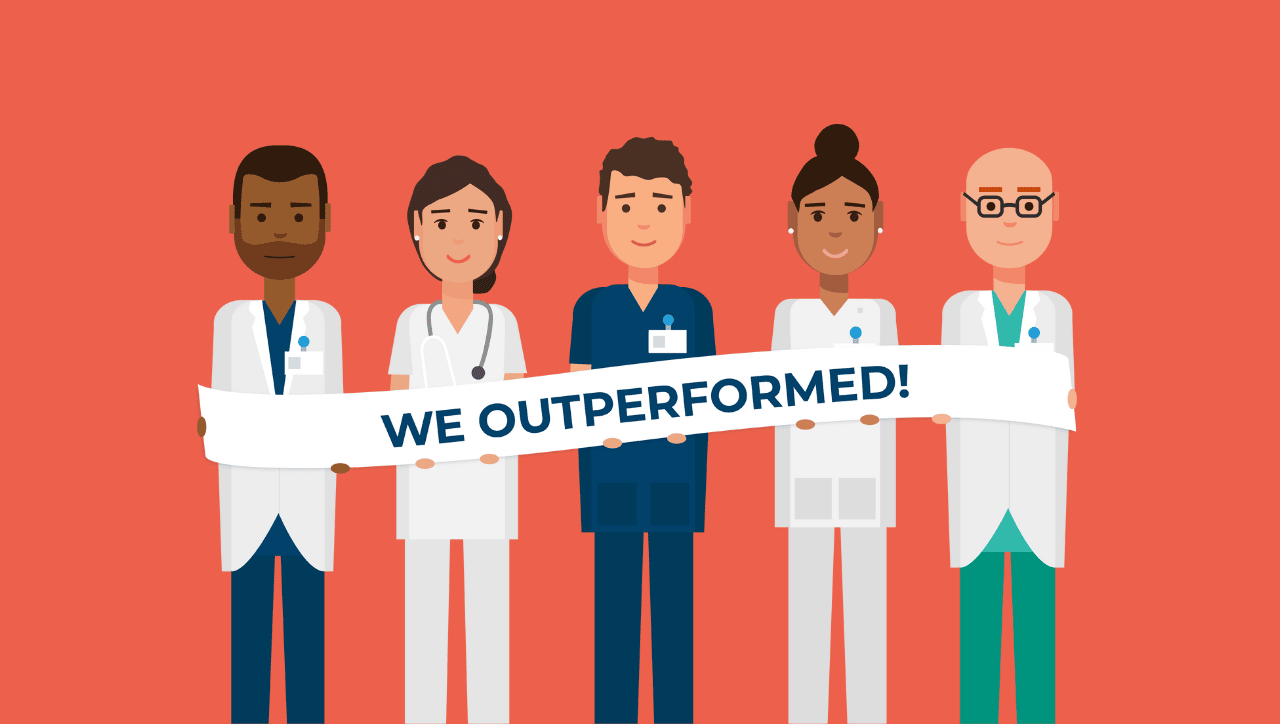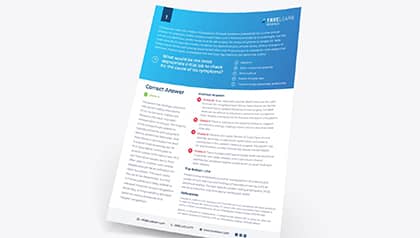Study Tips Series: How to Study for USMLE Step 1
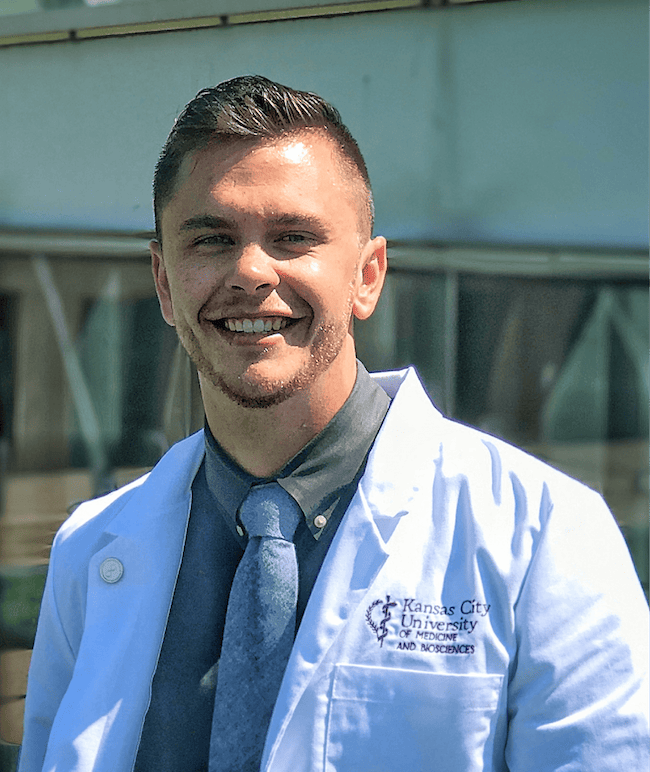
Name: Michael Kortz
Institution: Kansas City University
Year of Medical School: MS3
Last Exam Taken: USMLE Step 1 and COMLEX Level 1
Describe your study style in one word.
Smörgåsbord
Where do you study?
During MS2, I typically studied in the same place every day for the year and during Dedicated. However, I wasn’t married to the spot, and if I found myself burnt out or tired, changing locations sometimes gave me an extra hour or two of solid work. If I was still burnt out after moving spots, I knew it was probably time to take a break. During MS3, I mostly study at home during the week before and after clinic. If I’m on call during the day or it’s the weekend, then sometimes I’ll go to a local coffee shop. Generally, I’m a believer of intentionality, meaning that going somewhere to do something will yield better results rather than staying home, much like going to the gym to work out.
What was your Step 1 Study Schedule?
I’m a morning person (I know, gross) and I got most of my best studying during Dedicated done from 6a to noon. Now in third year, I’ll try to get an hour of work done before clinic (usually Anki cards) and then get another 1 to 2 hours done around dinner before relaxing the rest of the night. Here’s my Step 1 Dedicated Schedule:
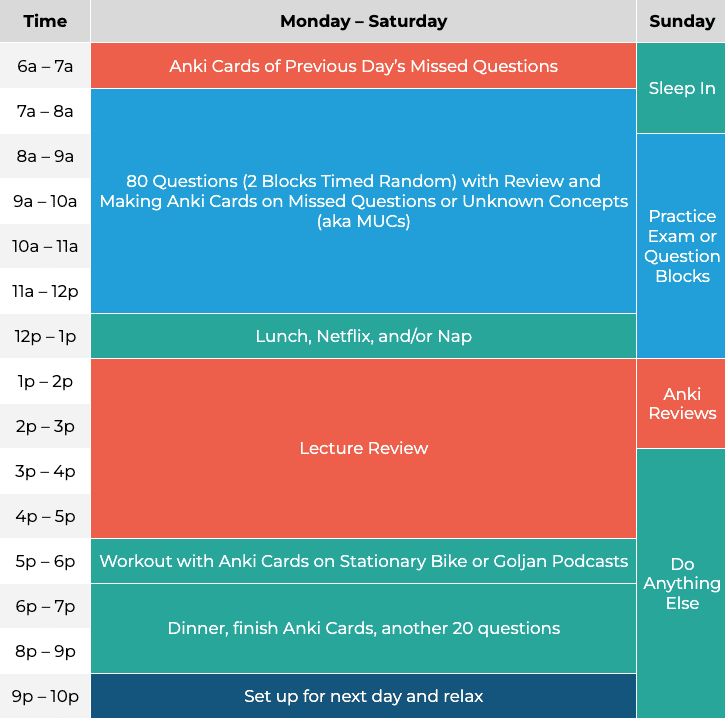
What tools or resources do you use to study?
- References: First Aid for the USMLE Step 1, UpToDate
- Three USMLE Question Banks (~10,000 questions): 1 during MS2, and 2 during Dedicated
- Anki: Cards on missed questions or unknown concepts (MUCs), Pepper Sketchy Micro and Pharm Decks, Duke Pathoma Deck, Anatomy Review Deck
- Lecture Materials: Pathoma and Goljan Podcasts (Pathology), Boards and Beyond (Anatomy, Physiology, Embryology), and Sketchy Micro and Pharm
How do you decide what to study?
Three Things: Questions, Questions, and Questions.
Some people will swear by reading or watching lectures as a way to assess their knowledge gaps. But only flashcards (subjective assessment) and questions (objective assessment) can really show where you need to study more. Analyzing performance data on specific domains (i.e. micro or pharm) and systems (i.e. neuro or cardio) was essential to tracking my progress week to week (example is below). This is a little intense, but I was able to see where my deficits were and whether my study strategy was effective.

How do you balance your studying with your other priorities?
For Dedicated, you really need to schedule out every minute of your day, even relaxing. Cram Fighter was also really helpful to make sure I was completing the set number of tasks I had for myself every day.
At the end of the day, you need to set your priorities. There are those people out there that are just brilliant and don’t need to study as much but will rock a 250. For most of us though, work is correlated to score. It ultimately is a temporary thing and all of it will be synergistic.
If you can be disciplined with your personal and family responsibilities, workouts, eating right, etc. then your studies will also follow. It’s important to remember that you’re more than a medical student or physician. Be intentional about your priorities and be patient with yourself and others. Remember that every medical student in the country (and many in the world) are working their tails off for this exam and that golden 240 isn’t guaranteed. Trust your practice exams and cut yourself a little slack.
What is a study method that you used to do but then realized it doesn’t work for you?
Just reading First Aid. I read through it once, but feel like it was kind of inefficient. I would rather have done a First Aid Anki deck throughout MS2 instead.
What is your #1 tip for efficient and effective studying?
There isn’t great data that proves we are a particular “type” of learner (i.e. auditory or visual). Instead, I think a multi-pronged approach is the most efficient, with questions and quizzing the most efficient of those, in my opinion (why I said Smörgåsbord earlier). However, if you know you love to read, then an hour of uninterrupted reading will be better than doing questions just to meet a certain quantity. What’s most important is correcting what you don’t know.
